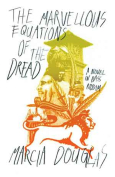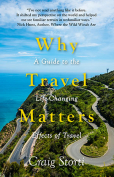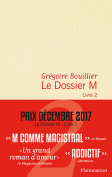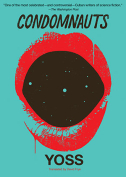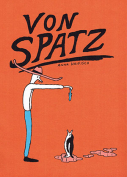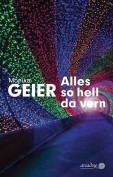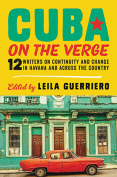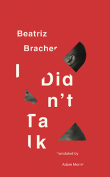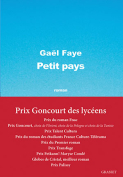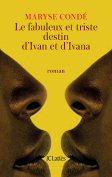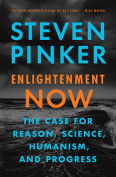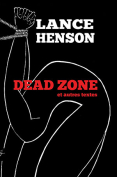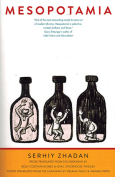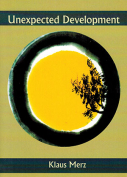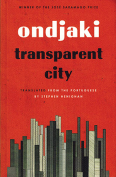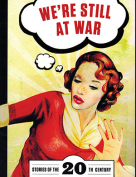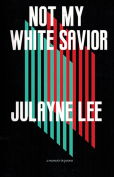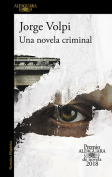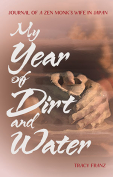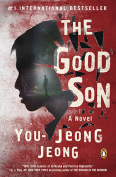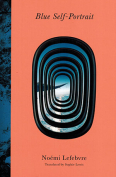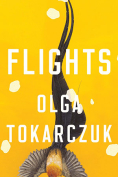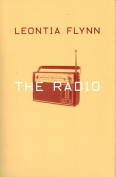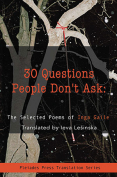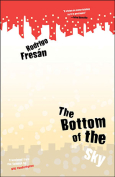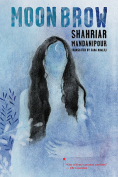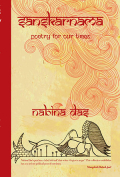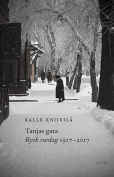30 Questions People Don’t Ask: Selected Poems by Inga Gaile
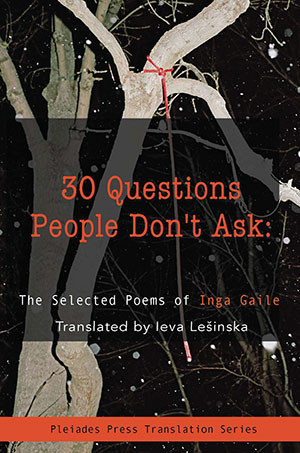 Warrensburg, Missouri. Pleiades Press. 2018. 91 pages.
Warrensburg, Missouri. Pleiades Press. 2018. 91 pages.
Every literary work is a product of its place, but few forms are so susceptible to absorbing their surroundings as poetry. Even the poetic works that are the most oriented to the interior of their writer can hardly avoid reflecting the world in which that writer exists. In 30 Questions People Don’t Ask, Inga Gaile faces this problem head-on, and rather than trying to thwart the form, she embraces it as a way to reflect the world around her in fine and frustrating fashion. From the first line of the first poem, which also serves as its repeated refrain, Gaile tells us that she will be portraying the details and downfalls of everyday circumstances, telling us that what she writes is not artistic fabrication, “That’s just how we live.”
The immediate question that arises, of course, is “Who is this ‘we’?” Gaile works not only as a writer but also as an activist and performer, and in line with her other work (which most often features themes of marginalization and the struggles and everyday life of women), the poetry contained in 30 Questions People Don’t Ask reflects the interior and exterior experiences of women, specifically Baltic women. She does this beautifully through poems formed from short lines and stanzas of blank verse, using repeated images of children, gold, and whiteness to give a hopeful sheen juxtaposed to their dismal reality.
In poems like “Damascus Autumn” and “Daugava, Daugava,” Gaile paints fairy-tale-like imaginings of a better version of the country she loves so well, yet they are always marred by history: “We cannot return home. Now we have seen it.” In other poems like “Over the Border” and “A Woman’s Happiness,” she gives far more literal pictures of the quotidian issues she sees around her, using sparse diction and straightforward criticism to starkly portray the often-harsh country of cold nights and long winters in which she and her contemporaries are still learning to live.
Ravaged by centuries of conquest, stripped to its bones by the Soviet years, the Baltic region has a painful past that reflects heavily in the social climate of these countries that are still rebuilding today. In 30 Questions, the places and people speak through the poet in a fantastic yet familiar way.
Linda Stack-Nelson
University of Oklahoma

